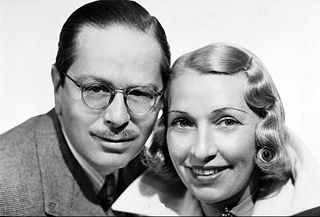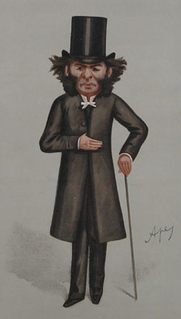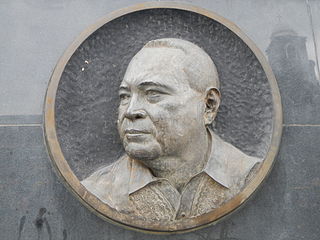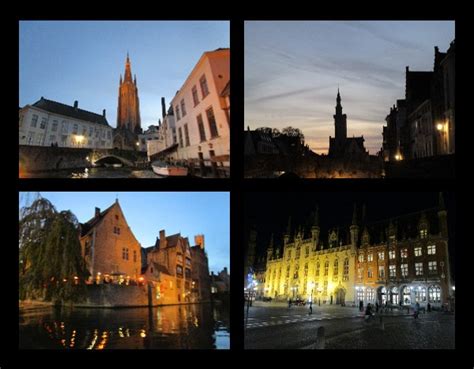A Quote by George Eliot
It is well known to all experienced minds that our firmest convictions are often dependent on subtle impressions for which words are quite too coarse a medium.
Quote Topics
Related Quotes
Words too familiar, or too remote, defeat the purpose of a poet. From those sounds which we hear on small or on coarse occasions, we do not easily receive strong impressions, or delightful images; and words to which we are nearly strangers, whenever they occur, draw that attention on themselves which they should transmit to other things.
I would like to suggest that our minds are swamped by too much study and by too much matter just as plants are swamped by too much water or lamps by too much oil; that our minds, held fast and encumbered by so many diverse preoccupations, may well lose the means of struggling free, remaining bowed and bent under the load; except that it is quite otherwise: the more our souls are filled, the more they expand; examples drawn from far-off times show, on the contrary, that great soldiers ad statesmen were also great scholars.
Although music appeals simply to the emotions, and represents no definite images in itself, we are justified in using any language which may serve to convey to others our musical expressions. Words will often pave the way for the more subtle operations of music, and unlock the treasures which sound alone can rifle, and hence the eternal popularity of song.
If Zen is approached with the usual mental attitude, it will seem quite incomprehensible. Our average Western intellectuality would consider its paradoxical language simply as a play upon words. Its full significance is revealed only when we approach it in a different manner, making our minds available to the new processes of inner perception which it suggests.






































